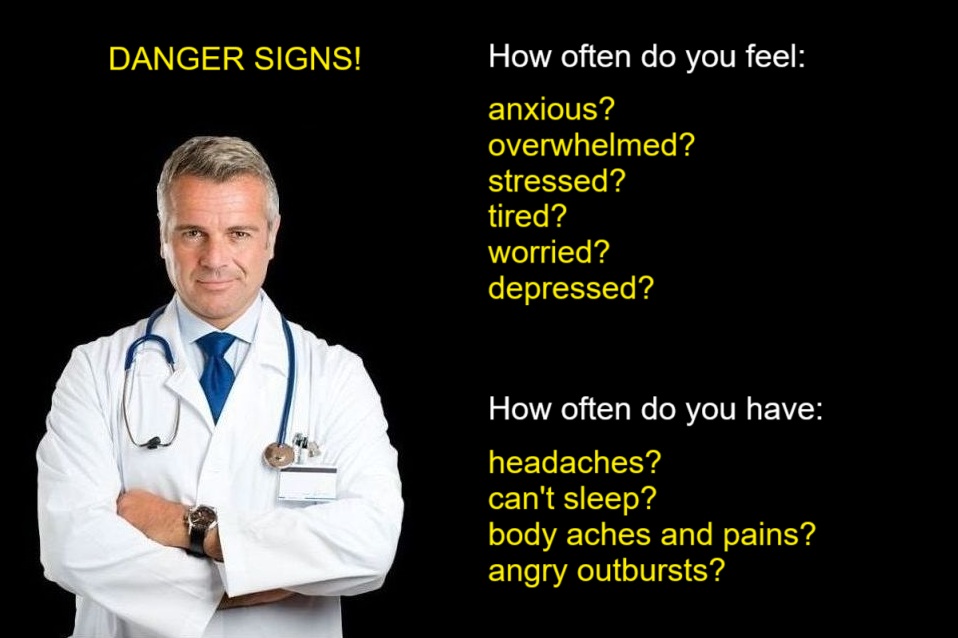In a groundbreaking revelation that could reshape the fight against Alzheimer’s disease, a recent study has uncovered a surprising ally in an unassuming mineral: lithium. Far from just powering batteries or stabilizing moods, lithium may hold the key to protecting the brain from the ravages of Alzheimer’s, a neurodegenerative condition affecting over 55 million people worldwide. This discovery, detailed in a comprehensive study published in Nature in August 2025, suggests that naturally occurring lithium in the brain plays a critical role in maintaining cognitive health and could offer new hope for early detection and treatment of Alzheimer’s. By exploring lithium’s protective mechanisms, researchers are opening doors to innovative therapies that could slow, or even reverse, the disease’s progression.
A New Perspective on Alzheimer’s Origins
For decades, Alzheimer’s research has fixated on amyloid-beta plaques and tau tangles—protein deposits long considered the hallmarks of the disease. Yet, treatments targeting these proteins have yielded limited success, often slowing cognitive decline only marginally without restoring lost function. The new study, led by Harvard Medical School’s Professor Bruce Yankner, shifts the narrative by identifying lithium deficiency as a potential trigger for Alzheimer’s. This finding challenges the traditional focus on protein buildup and suggests that a lack of this trace mineral could set off a cascade of neurological damage long before symptoms appear.
Lithium, a naturally occurring element found in small amounts in the human body, is present in trace quantities in the brain. The study revealed that lithium levels are significantly lower in the brains of individuals with mild cognitive impairment (MCI) and advanced Alzheimer’s compared to those with healthy cognition. By analyzing postmortem brain tissue from the Rush Memory and Aging Project in Chicago, researchers found that lithium was the only one of 27 trace metals to show markedly different levels across cognitive health groups. This depletion was evident even in the earliest stages of memory loss, positioning lithium loss as a potential early warning sign of Alzheimer’s.
Lithium’s Protective Power
The study’s findings go beyond correlation, suggesting that lithium actively shields the brain from neurodegeneration. In healthy brains, lithium supports the function of neurons, microglia (the brain’s immune cells), and oligodendrocytes (cells that produce myelin, the protective coating around neurons). When lithium levels drop, these cells falter, leading to inflammation, synaptic loss, and the accelerated formation of amyloid plaques and tau tangles. In mouse models, a lithium-restricted diet triggered Alzheimer’s-like symptoms, including memory loss, brain inflammation, and protein buildup, confirming that lithium depletion can drive disease progression.
Conversely, replenishing lithium levels showed remarkable results. The researchers tested a compound called lithium orotate, which avoids being trapped by amyloid plaques, unlike traditional lithium carbonate used in psychiatric treatments. In mice with Alzheimer’s-like pathology, lithium orotate not only halted disease progression but reversed brain damage and restored memory function. Notably, these effects were achieved at doses one-thousandth of those used for bipolar disorder, minimizing the risk of toxicity, particularly in older adults. “This is a game-changer,” said Dr. Peter Gliebus, a neurologist at Marcus Neuroscience Institute, who was not involved in the study. “If these findings hold in humans, we could be looking at a way to intervene early and protect brain health.”
A Global Health Crisis in Context
Alzheimer’s disease remains a global health crisis, with the World Health Organization estimating that dementia cases will rise to 139 million by 2050 due to aging populations. In the United States alone, over 6 million people live with Alzheimer’s, costing the healthcare system an estimated $360 billion annually, according to the Alzheimer’s Association’s 2025 report. Current.spyder The disease’s relentless progression and lack of effective treatments have fueled urgency for new approaches, and lithium’s potential could mark a turning point.
The study’s implications extend beyond treatment to early detection. Since lithium levels drop early in cognitive decline, routine blood tests measuring lithium could one day identify at-risk individuals years before symptoms emerge. “This could transform Alzheimer’s prevention,” said Dr. Manisha Parulekar, director of geriatrics at Hackensack University Medical Center. “Much like cholesterol tests for heart disease, lithium screening could become a standard part of aging care.”
From Mice to Humans: A Cautious Leap
While the mouse model results are promising, translating them to humans requires careful validation. Previous clinical trials using lithium carbonate for Alzheimer’s showed mixed results, largely because amyloid plaques sequester this form of lithium, rendering it less effective. Lithium orotate’s ability to bypass this issue offers hope, but human trials are needed to confirm its safety and efficacy. “We’re optimistic, but we must proceed cautiously,” said Yankner. “Mouse models don’t always predict human outcomes, but the data so far is compelling.”
The study also builds on earlier observations linking higher environmental lithium levels, such as in drinking water, to lower dementia rates. For instance, a 2024 study in International Journal of Bipolar Disorders found that regions with naturally higher lithium in water supplies, like certain parts of Texas and Austria, reported up to 17% lower Alzheimer’s rates. This correlation, combined with the new findings, strengthens the case for lithium as a neuroprotective agent.
Beyond the Brain: A Holistic Approach
The discovery of lithium’s role in Alzheimer’s aligns with a growing understanding that the disease affects more than just the brain. A 2025 study in Neuron revealed that Alzheimer’s-associated proteins, like tau, impact fat metabolism, digestion, and reproduction in fruit flies, suggesting systemic effects. In humans, these peripheral changes could explain why some Alzheimer’s patients experience weight loss, gastrointestinal issues, or hormonal imbalances. Lithium’s ability to stabilize these processes by supporting cellular health could offer a more holistic treatment approach, addressing both neurological and systemic symptoms.
Moreover, the study highlights lithium’s role in modulating gene activity, including the APOE gene, a known Alzheimer’s risk factor. In mice, lithium deficiency altered APOE expression, accelerating disease pathology, while lithium supplementation restored normal gene function. This suggests that lithium could counteract genetic predispositions, offering hope to those with a family history of Alzheimer’s.
Challenges and Future Directions
Despite the excitement, challenges remain. Lithium’s toxicity at high doses, particularly in older adults, has been a concern in psychiatric treatments. However, lithium orotate’s ultra-low effective dose—mimicking natural brain levels—could mitigate these risks. Alzamend Neuro, a biotech company, is already advancing a similar lithium-based therapy, AL001, which showed promise in a 2022 Phase 1 trial by delivering therapeutic benefits at half the dose of lithium carbonate. Phase 2 trials are underway, with results expected in 2026.
Ethical considerations also loom large. Widespread lithium supplementation, even at low doses, raises questions about long-term safety and accessibility. Developing countries, where Alzheimer’s cases are rising rapidly, may struggle to implement lithium screening or treatment programs. The World Health Organization’s 2025 dementia report emphasizes the need for affordable, scalable interventions, and lithium’s low cost and natural presence in the environment could make it a viable option if proven safe.
Public sentiment, as reflected on platforms like X, is cautiously optimistic. Posts from August 2025 highlight growing interest in lithium’s potential, with users like @DrDominicNg speculating about its role in amyloid clearance and others, like @gorka_orive, calling it a “crucial” step forward. However, some experts urge restraint, noting that self-administered lithium supplements could be dangerous without medical supervision. “People should not start taking lithium on their own,” Yankner warned. “We need rigorous clinical trials to establish safe protocols.”
A New Frontier in Alzheimer’s Care
The lithium discovery marks a pivotal moment in Alzheimer’s research, offering a fresh perspective on a disease that has confounded scientists for decades. Unlike amyloid-targeting drugs, which offer limited benefits, lithium addresses the broader biology of brain aging, potentially preventing or reversing damage across multiple cell types. Its low cost and natural occurrence make it an attractive candidate for global health initiatives, particularly in resource-limited settings.
As researchers prepare for human trials, the possibility of routine lithium screening and low-dose supplementation could redefine Alzheimer’s prevention and treatment. For millions living with or at risk of the disease, this humble mineral could become a beacon of hope—a silent guardian in the brain, ready to fend off the encroaching shadows of dementia. While the road to clinical application is long, the promise of lithium shines brightly, heralding a new era in the fight against Alzheimer’s.












